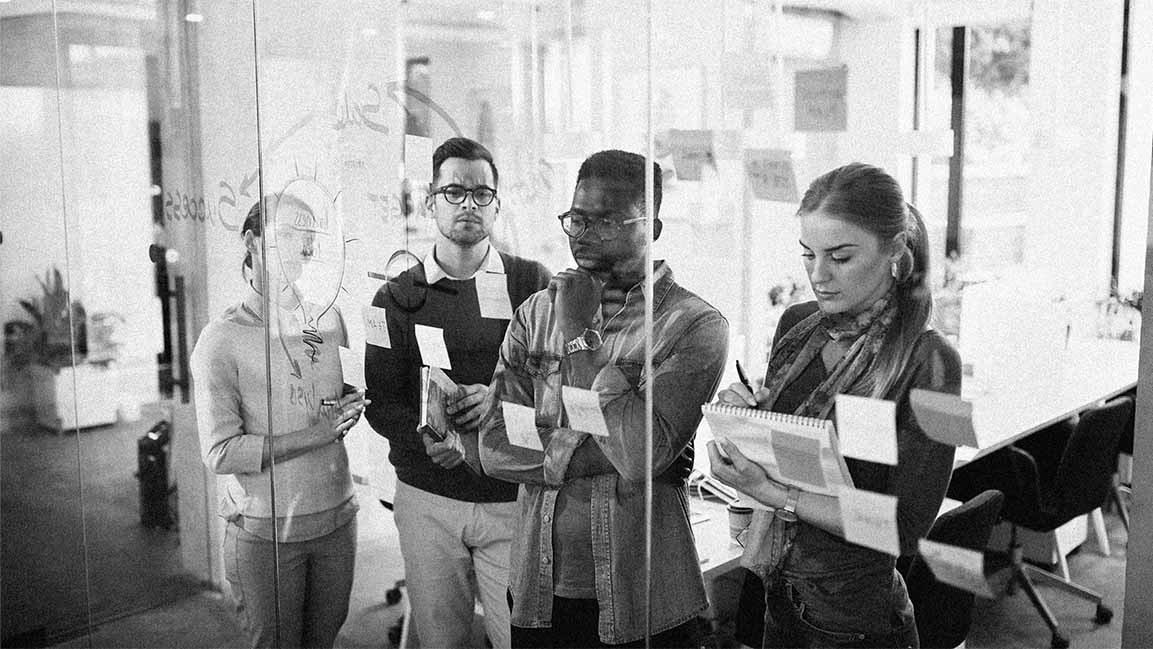- | 8:00 am
Why change is hard and how we can trick ourselves into embracing it
On this week’s episode of The New Way We Work, we explain what happens in our brains when we’re faced with change, and how to better adapt.

Change is as scary and uncomfortable as it is necessary. And now, as AI is integrated into more and more of our jobs, we’re being asked to adapt to seismic shifts at a rapid pace.
Change may be the nature of work and of life but it’s also in human nature to resist it. But, by understanding how our brains naturally react to change we can make adapting to change a little easier.
On this week’s episode of The New Way We Work, I spoke to Dr. Sanam Hafeez. She’s a neuropsychologist who has studied how our brains adapt to change. Dr. Hafeez explained that our brains are hardwired to have some sense of predictability. So when we are faced with a new way of doing things, our brain perceives it as a threat, which is why many people resist change. But, as Dr. Hafeez points out, “the idea of change is usually worse than the change itself.”
REFRAMING CHANGE
The first step to being more adaptable and comfortable with change is to reframe it as a good thing, rather than something that you are being forced to do. But this can be a difficult process. “If you’re at a point where change is inevitable, getting to that acceptance part sounds easy, but it’s not because our ability to accept that something is no longer true happens at different rates for different people, depending on the situation,” Dr. Hafeez explains.
A big part of handling change at work is changing how you interpret the facts, she says. When we are scared or uncomfortable our immediate reaction is to think of the worst-case scenario, which often isn’t how things will transpire. In that mindset, Dr. Hafeez says people shut down and don’t ask questions to better understand what’s really happening. “Framing the interpretation of what we think is happening and clarifying it by asking questions are two of the easiest ways to get facts on the table,” she says.
HOW MANAGERS CAN HELP
Dr. Hafeez says that what often drives our resistance to change is fear. “A lot of times people don’t recognize that at work, change signifies more than just a new way of doing things. Immediately a lot of people think, ‘well, that means I’m going to be eventually out of a job.’”
She says managers can help ease transitions to change and calm those fears by being honest about why the changes are being made and provide reassurance that they are protecting employees as much as the company. “A manager can say, ‘we’re not looking to replace you. We’re looking to make your work easier. This means that your jobs will have more longevity. This means that you’re learning a new skill.’”
This can help employees feel that they are safe, so they can better listen and process the new information. Otherwise they will stay in a fight-or-flight mode and not process factual information.
Listen to the full episode for more on what happens inside our brains when we are faced with change, the different ways resistance can manifest in our behavior, and how different generations deal with change at work.








































